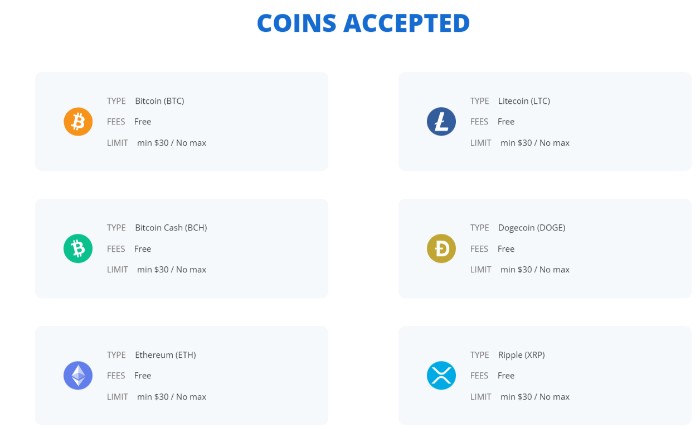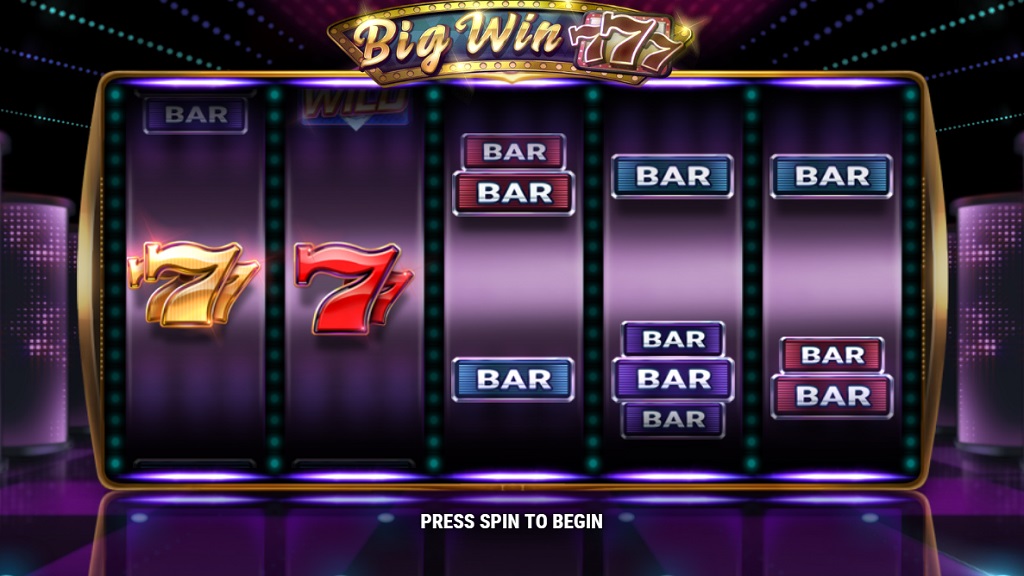The Oops Effect: Where Luck Takes Over
The Oops Effect: Where Luck Takes Over
Slot games have been a staple in casinos for decades, providing endless hours of entertainment and excitement to players from all walks of life. With their bright lights, enticing sounds, and promise of instant gratification, it’s no wonder that slots are one of the most popular forms of casino gaming. But what is it about slot games that draws us in, and why do we become so invested in Oops our chances of winning? In this article, we’ll explore the concept of "the Oops effect" – where luck takes over and turns a simple game into an emotional rollercoaster.
The Psychology of Slot Games
Slot machines are designed to be addictive, with psychologists studying the ways in which they can manipulate players’ behavior. By using a combination of psychology and technology, casinos have created games that are impossible to resist. The key is to create an atmosphere of excitement and anticipation, where the player feels like they’re always on the verge of winning big.
This is achieved through a variety of techniques, including:
- Variable rewards : Slot machines use a variable reward schedule, which means that players receive random rewards at unpredictable intervals. This creates a sense of anticipation and expectation, making the player feel like they’re constantly on the lookout for their next win.
- Visual cues : The bright lights, flashing symbols, and other visual effects used in slot games are designed to grab the player’s attention and create an emotional response. By associating these cues with winning or excitement, casinos can create a powerful psychological link between the game and the player’s emotions.
- Social interaction : Slot machines are often placed in social areas of the casino, where players can interact with others while playing. This creates a sense of community and shared experience, making the game more enjoyable and increasing the likelihood that players will return.
The Oops Effect
So what is "the Oops effect", exactly? It’s the moment when luck takes over and turns a simple game into an emotional rollercoaster. Whether it’s the thrill of hitting a jackpot, the agony of watching our favorite symbol spin by just once more, or the sheer excitement of playing for high stakes – the Oops effect is that moment when we become completely absorbed in the game.
It’s not just about winning or losing; it’s about the journey itself. The anticipation builds up as we watch each spin, and with each failure, our hopes rise higher still. It’s a psychological rollercoaster ride of emotions – one moment we’re on top of the world, the next we’re in the depths of despair.
Why We Can’t Stop Playing
So why do we continue to play slot games despite knowing that luck is against us? There are several reasons for this:
- Dopamine release : Slot machines are designed to trigger a dopamine release, which is associated with pleasure and reward. This can lead to a psychological dependence on the game.
- Loss aversion : Players tend to experience more emotional pain from losing than they do pleasure from winning. As a result, we often continue to play in an attempt to recoup our losses and avoid feelings of regret or disappointment.
- Social pressure : Playing slot games can be a social activity – whether it’s playing with friends at home or competing against other players in the casino.
The Impact on Players
While the Oops effect may seem like a trivial concern for some, it has serious implications for slot game players. For those who struggle with addiction, the constant temptation of slot machines can lead to financial and personal problems. In extreme cases, this can even result in bankruptcy, divorce, or other forms of long-term damage.
Conclusion
Slot games are more than just a simple form of entertainment – they’re an emotional rollercoaster ride that combines psychology, technology, and social interaction to create an experience unlike any other. By understanding the Oops effect and the ways in which slot machines manipulate our behavior, we can gain insight into the human psyche and perhaps even develop healthier strategies for coping with addiction.
The Future of Slot Games
As technology advances and casinos continue to innovate, it’s likely that slot games will only become more sophisticated – incorporating new features such as augmented reality, virtual reality, or even social media integration. While this may make the game more engaging than ever before, it also raises concerns about the impact on players.
By understanding the mechanics behind the Oops effect and the psychological manipulation used in slot machines, we can begin to develop healthier strategies for coping with addiction – whether it’s through self-regulation, support groups, or even responsible gaming initiatives. In doing so, we may be able to minimize the negative effects of slot games while still enjoying their many benefits.
Final Thoughts
Slot games have a way of captivating us, drawing us in with their bright lights and enticing sounds. Whether it’s the thrill of hitting a jackpot, the agony of watching our favorite symbol spin by just once more, or the sheer excitement of playing for high stakes – slot machines are an emotional rollercoaster ride like no other.
While we may not be able to stop playing entirely (and perhaps shouldn’t want to!), understanding the Oops effect can help us develop healthier strategies for coping with addiction and minimizing its impact on our lives.





